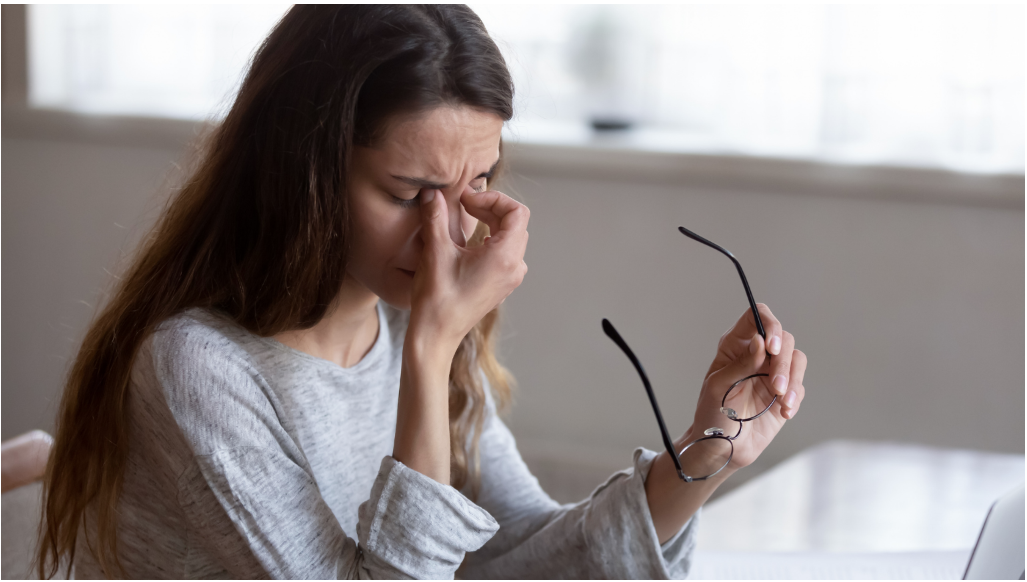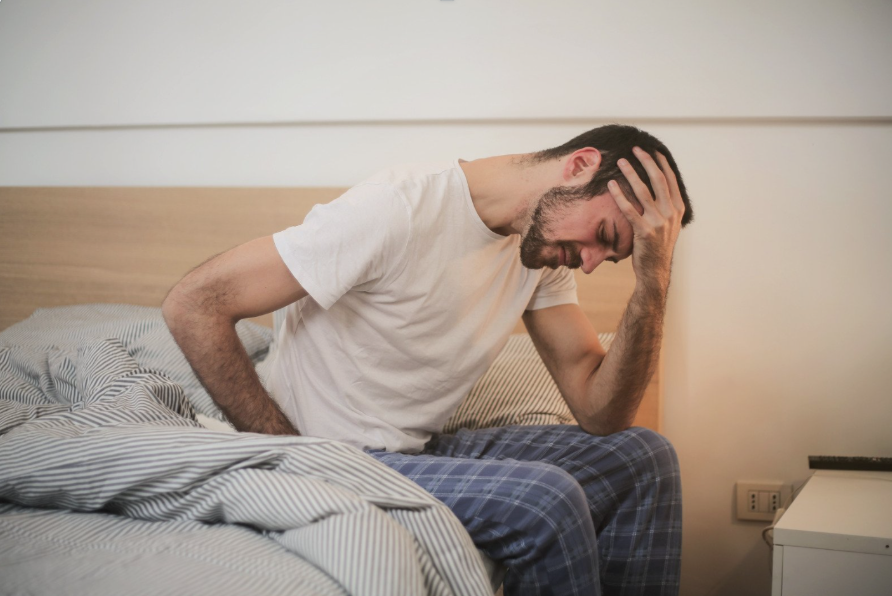
Balance
The Vestibular Service within NHS Lothian offers a full diagnostic and rehabilitation service for anyone that has problems with dizziness or balance.
Common Causes of Dizziness and Imbalance
There are a number of potential causes of dizziness and imbalance. The most common causes of related to the inner ear are:
- Benign Paroxsymal Positional Vertigo (BPPV)
- Labyrinthitis and Vestibular Neuronitis
- Migraine
- Meniere’s Disease
There are also a number of causes that are not related to inner ear problems including cardiac problems, blood pressure and peripheral neuropathy. Any concerns regarding these please contact your GP
Specialist Vestibular Team
NHS lothian has a specialist vestibular team, that works closely with ENT on diagnosing and treating balance and vestibular disorders. If you are experiencing any symptoms, please discuss these with your GP who can refer you into this service. If you have been seen previously by the team for either vestibular rehabilitation or treatment of BPPV, you can contact the department directly and a review appointment can be arranged.
Our Appointments
The Vestibular Service offers the following appointments:

Vestibular Assessment

Vestibular Rehabilitation

BPPV Direct Referral

Vestibular Assessment
What to expect when attending an appointment?
A vestibular assessment appointment can last up to 3 hours. It involves
a wide range of specialised tests to analyse the inner ear and its vestibular function.
Preparing for Your Appointment
- Ensure your ears are free of wax.
- Do not wear eye makeup, as this can interfere with testing
- Do not take alcohol for 48 hrs prior to testing
- Do not take any medication for your dizziness you may have, for 48 hrs prior to testing. You should continue with all other medications as normal.
Health History
At the start of the appointment, the Audiologist will ask you questions regarding your current problems with dizziness and balance . They will also ask you about your general health, hearing and any other relevant history regarding your symptoms.
There are many possible vestibular tests that can be completed during the appointment. Based on the history, the Audiologist will choose the appropriate tests from the list below to help identify a potential cause.
Tests that may be carried out
- Otoscopy – looking into your ears
- Pure Tone Audiometry – a test of your hearing
- Tympanometry – a pressure test checking the function of the middle ear
- Videonystagmography (VNG) – video goggles are used to look at your eye movements whilst completing tasks with your eyes.
- cVEMPs – this involves placing electrodes on the head and neck. This measures a response from the otoliths of the inner ear in response to a sound.
- Video Head Impulse (vHIT) – Goggles are used to measure the response from your eyes following head movements.
- Caloric – This test involves warming or cooling the inner ear using either water or air. Using goggles we measure the involuntary response from your eyes.
- Rotational Chair – The chair moves at a slow pace and the response from vestibular system is measured by recording eye movements.
- Positional Tests – Involves lying or moving into a particular position that may result in some dizzy symptoms.
Test results
Following these tests, the results will be discussed with you and a copy of the results sent to your ENT doctor.

Vestibular Rehabilitation
Some patients with dizzy or balance problems may benefit from an individualised rehabilitation programme.
The Vestibular System
The Balance system is quite complex and involves your ears (vestibular system), eyes, muscles and sensors in your legs and feet to all work together. Any vestibular disturbance can result in a mismatch of sensory information that the brain receives. This can result in:
- Feeling unsteady, dizzy or off balance
- Reduced confidence
- Feeling anxious about falling
- Reduced activity or avoiding certain movements
Vestibular rehabilitation can help strengthen and maintain balance. At your appointment a full history will be taken as this can help assist in determining problematic situations. A series of exercises involving standing and walking will be carried out to assess troublesome areas. Positional testing will also be completed as this is the most common cause of vestibular problems. An individualised programme of exercises will then be issued for you to complete at home. After a period of time a review will be carried out and exercises progressed as appropriate.
Your initial vestibular rehabilitation appointment can last up to 90 minutes. Along with your appointment letter you may receive some questionnaires. If you do, complete them and bring them to the appointment.
If further review appointments are required these can last up to 1 hour.

BPPV Direct Referral
Benign Paroxysmal Positional Vertigo (BPPV) is one of the most common causes of dizzy symptoms. This clinic is for patients who have been referred by their GP with symptoms in keeping with BPPV.
At your appointment a full history regarding your symptoms, general health and hearing will be carried out. This will be followed by an examination of your ear along with a hearing test, the results of which will be discussed at the time. The test for BPPV will then be carried out. This is called a Dix-Hallpike and involves moving from sitting to lying back. If this results in a positive test a repositioning manoeuvre to treat this form of dizziness can be carried out.
This appointment can last up to an hour.
Please refrain from wearing eye makeup when attending your appointment.















